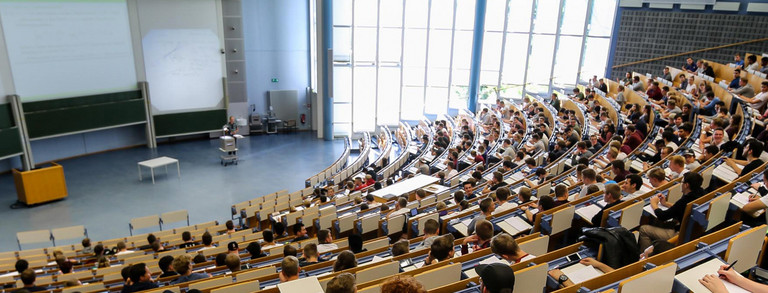Master Seminar - Artificial Intelligence and the Labour Market
| Module: | Economic policy III |
| Lecturer: | Michael Böhm / Andreas Lück / Fabian Möller |
| Scope/ Credits: | 4 SWS / 7,5 Credits |
| Type: | Seminar |
| Type of examination: | Seminar paper and presentation |
| Language: | Seminar paper can be submitted in english or German |
| Application: | Onlineapplication 26.-30.01.2026, 12 am |
| Date and place: | Fridays, 10:15 am, M811 |
| Start: | Freitag, 10.04.2026 |
Rapid advancements in Artificial Intelligence (AI) are transforming industries worldwide, with potentially profound implications for the labour market. From automating routine tasks to creating entirely new job categories, AI has sparked both excitement and concern about the future of work. Will it lead to widespread unemployment or pave the way for unprecedented economic growth? Which firms are adopting AI and is it affecting their bottom lines? How can policymakers address the challenges of worker displacement and inequality while maximizing the benefits of technological innovation? This seminar explores how technological change in general and AI in particular reshape the economy, redefine employment, and influence economic policy.
Topics are drawn from recent research in economics and management science. They include among others:
- The demand for AI-related skills
- Gender differences in the AI context
- AI adoption, worker productivity and firm performance
- Markets for data and regulation


